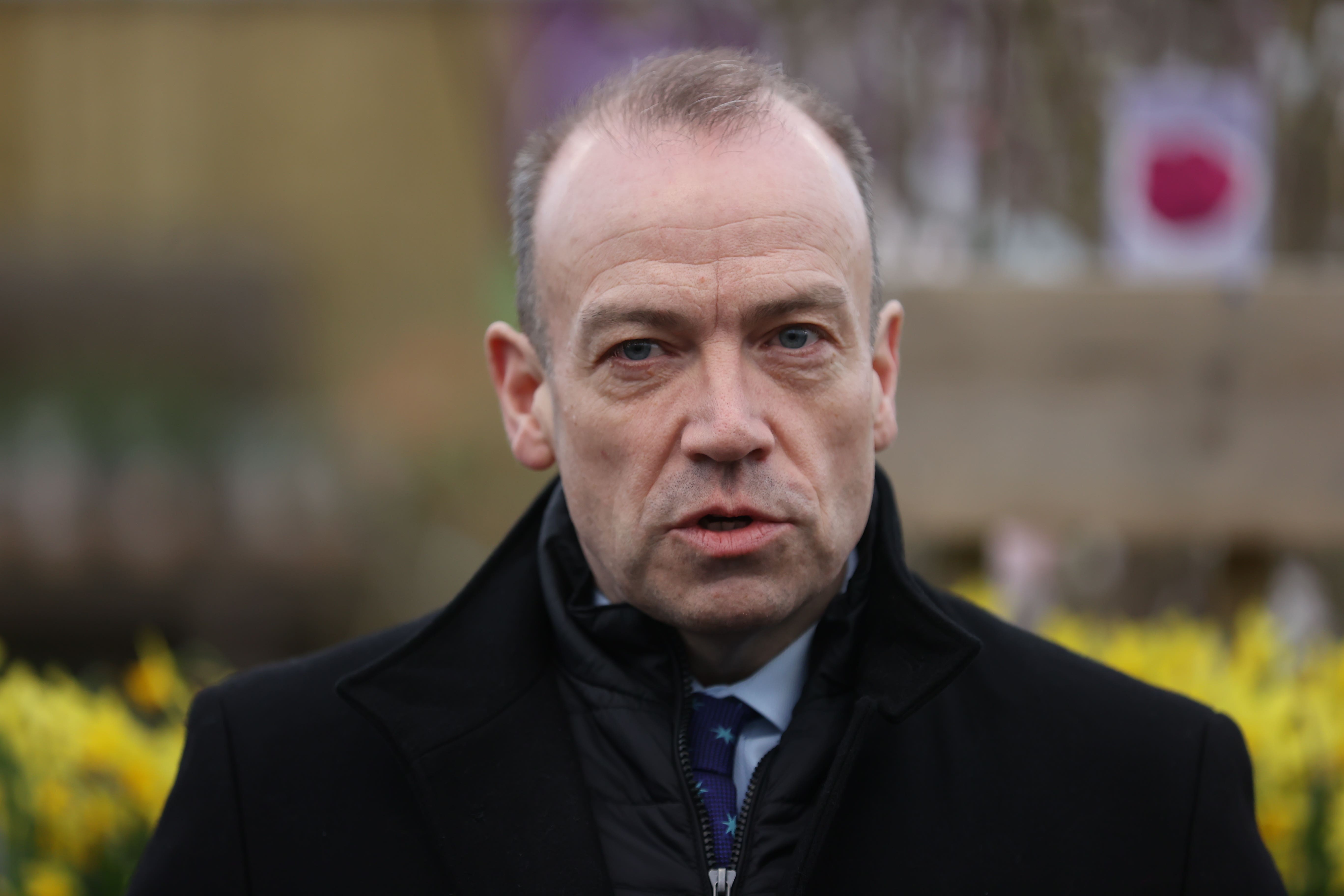Troubles legacy approach cannot be imposed on Northern Ireland – Labour
Chris Heaton-Harris faced calls to take a ‘different approach’ if Northern Ireland’s political parties continue to oppose the Legacy Bill.

Ministers have faced calls to take a “different approach” to plans to reconcile the Troubles, if Northern Ireland’s political parties continue to oppose the proposals.
Labour claimed that plans laid out in the Northern Ireland Troubles (Legacy and Reconciliation) Bill “cannot be imposed on Northern Ireland”.
MPs from across Northern Ireland’s political spectrum, both unionists and nationalists, criticised the Bill when it was first debated in the Commons.
The legislation is intended to provide closure for victims of the Troubles and their families, as well as veterans.
But it has faced condemnation over proposals to provide immunity for people accused of crimes during the decades-long violence.
The Bill is currently undergoing scrutiny in the House of Lords before it returns to MPs for further consideration.
If the changes are not enough and all Northern Ireland parties vote against it again on its return to the House, will the minister commit to a different approach as reconciliation cannot be imposed on Northern Ireland?
In the Commons, shadow minister Chris Elmore said: “The Government has made some changes to the Legacy Bill during its passage in this House.
“If the changes are not enough and all Northern Ireland parties vote against it again on its return to the House, will the minister commit to a different approach as reconciliation cannot be imposed on Northern Ireland?”
Northern Ireland Secretary Chris Heaton-Harris responded: “I thank him for noticing what is going on in the Other Place (The House of Lords), because in the Other Place we have already tabled amendments that seek to address a number of key issues that have been raised by the stakeholders that we have been meeting, including ECHR compliance, strengthening the commission’s independence, sanctions for individuals found guilty of lying to the commission, and creating stronger incentives for individuals to engage with the commission.
“We will be bringing forward more such amendments at report stage, where I hope we can get everybody on board, or at least to acknowledge that we are doing a decent job.”
Mr Heaton-Harris also told the Commons that any solution to addressing the legacy of the Troubles will never be “perfect or easy”.
Conservative MP Mark Fletcher (Bolsover) urged the Secretary of State to make sure “power is in the hands of victims and families rather than the perpetrators” when setting up information-gathering efforts.
The minister responded: “The Government is absolutely determined to deliver mechanisms that deliver better outcomes for those most affected by the Troubles, including victims and their families.
“I know that no solution that we will ever find will be perfect or easy, but we are working tirelessly to find a practical way forward via the Legacy Bill.”
Bookmark popover
Removed from bookmarks